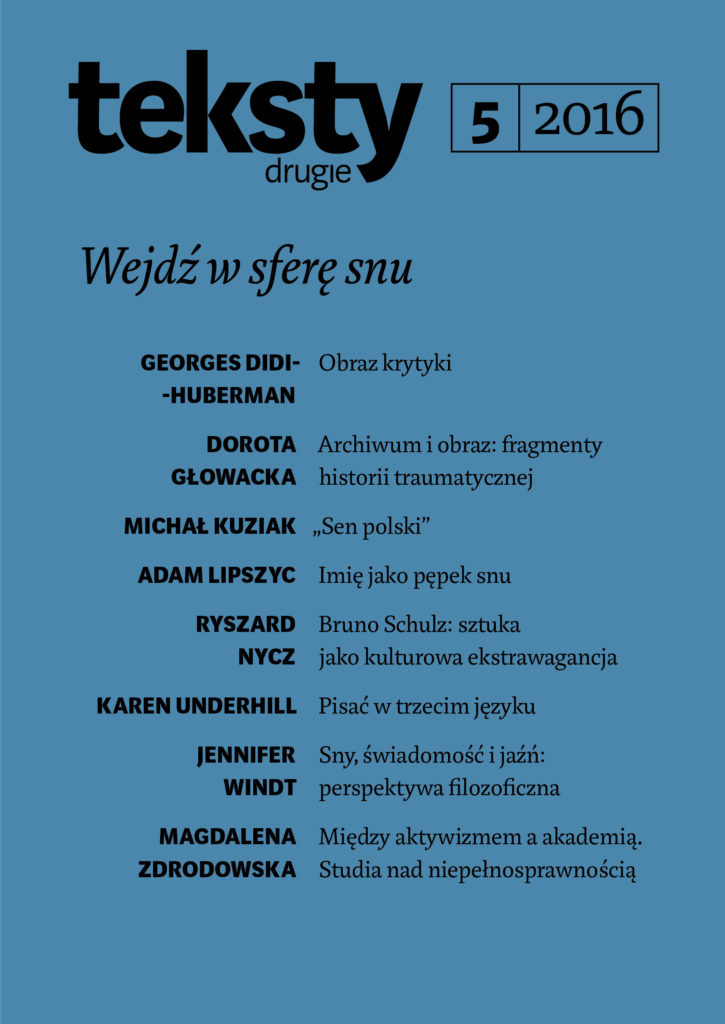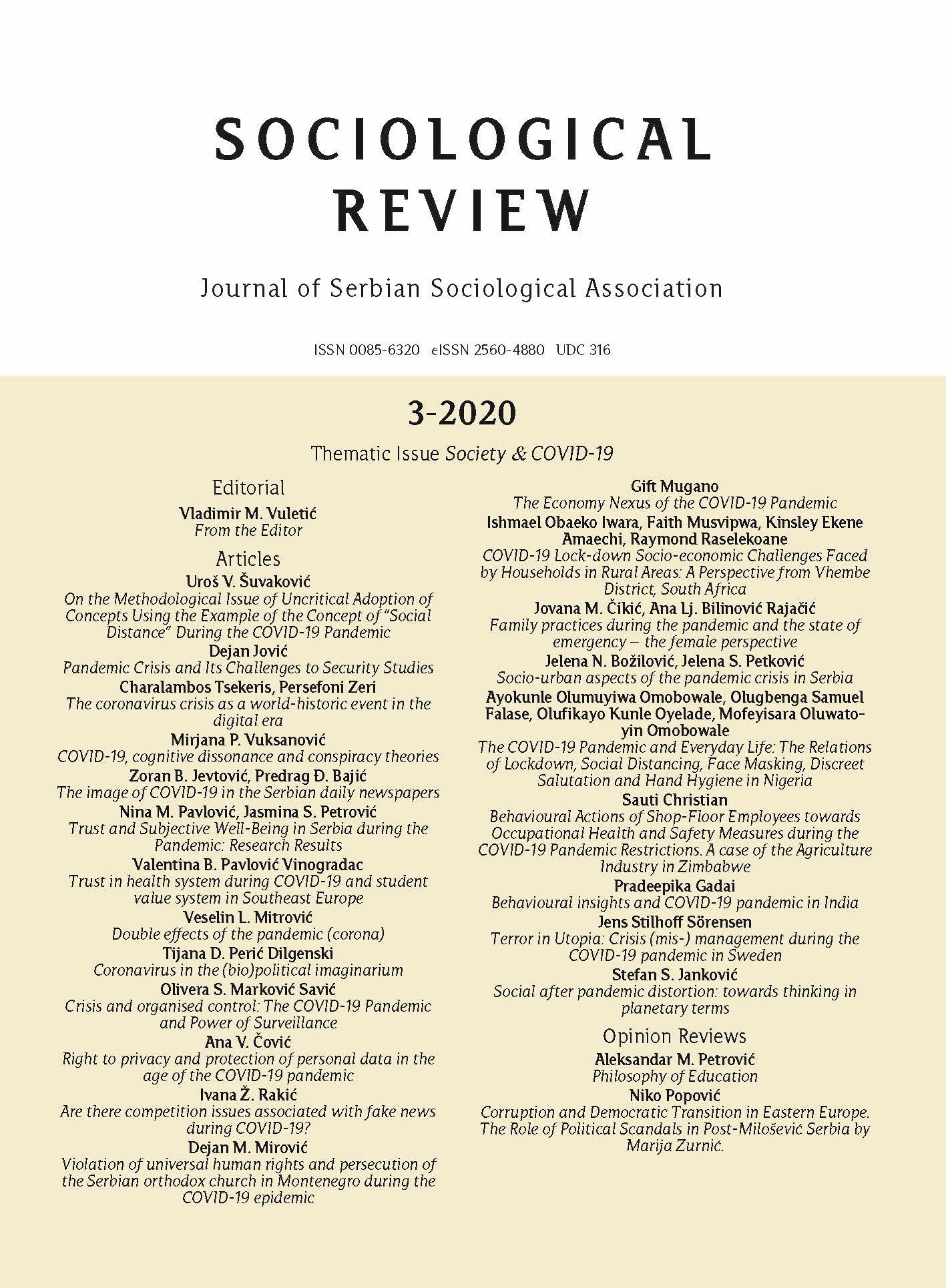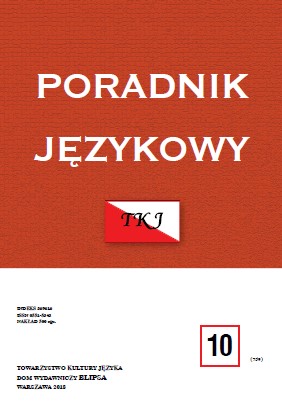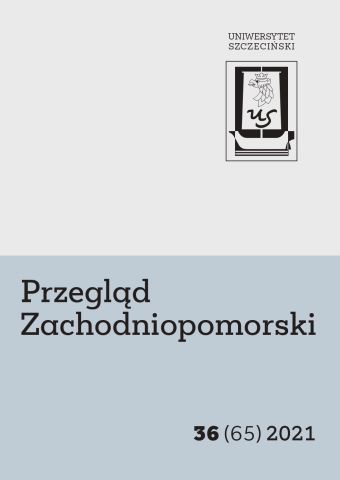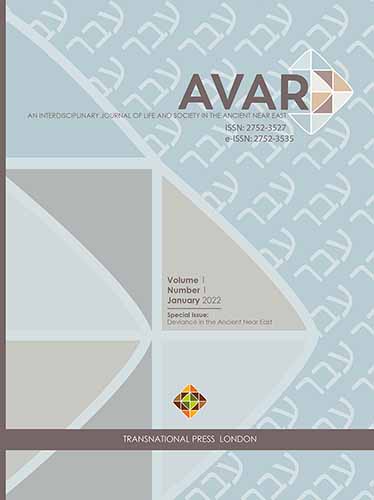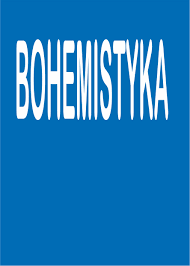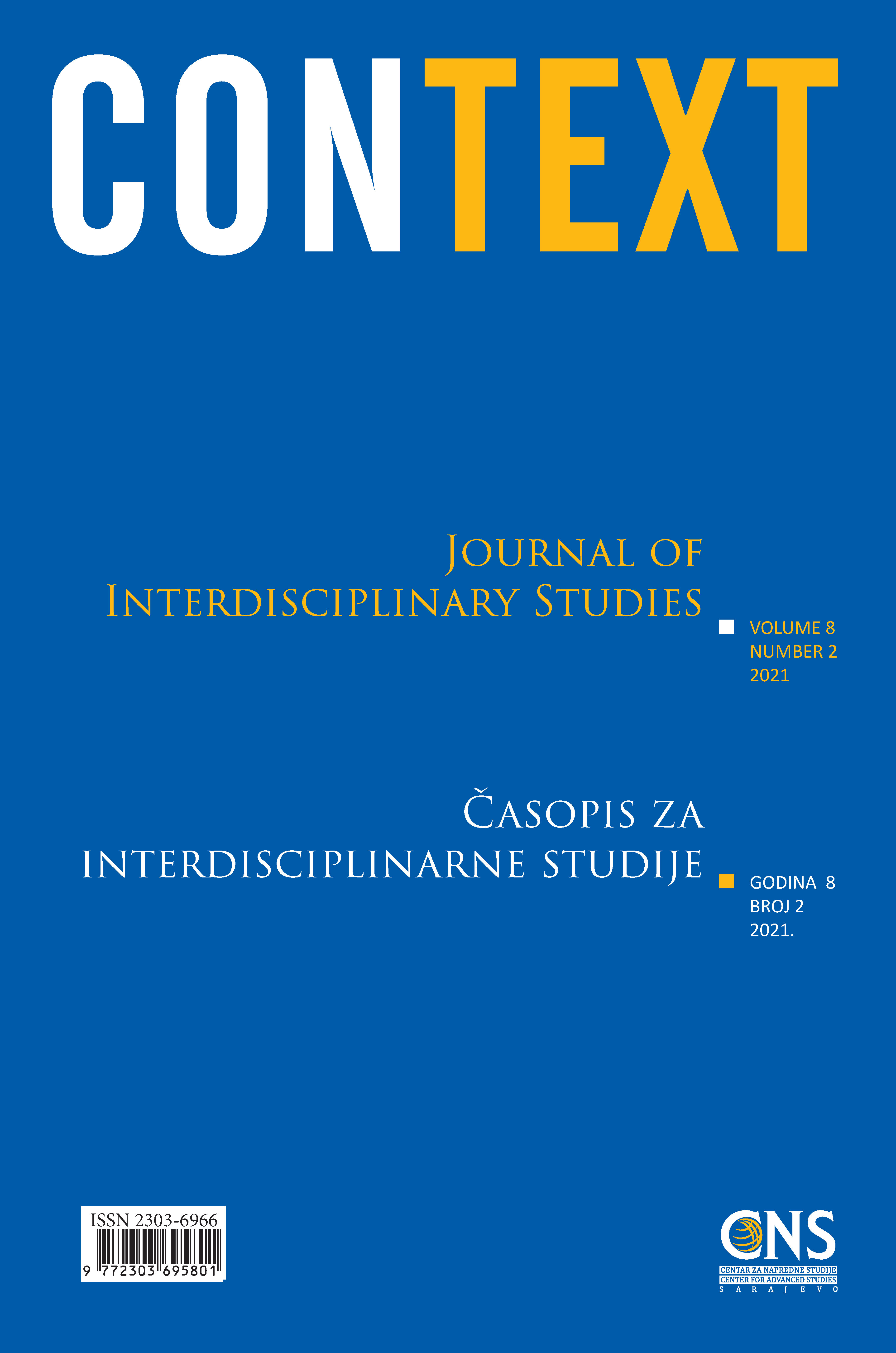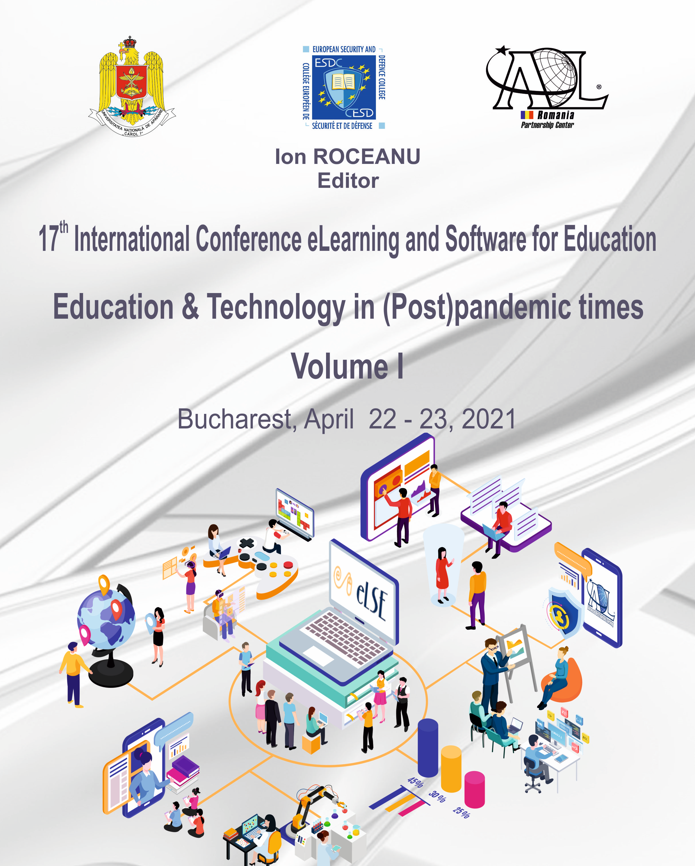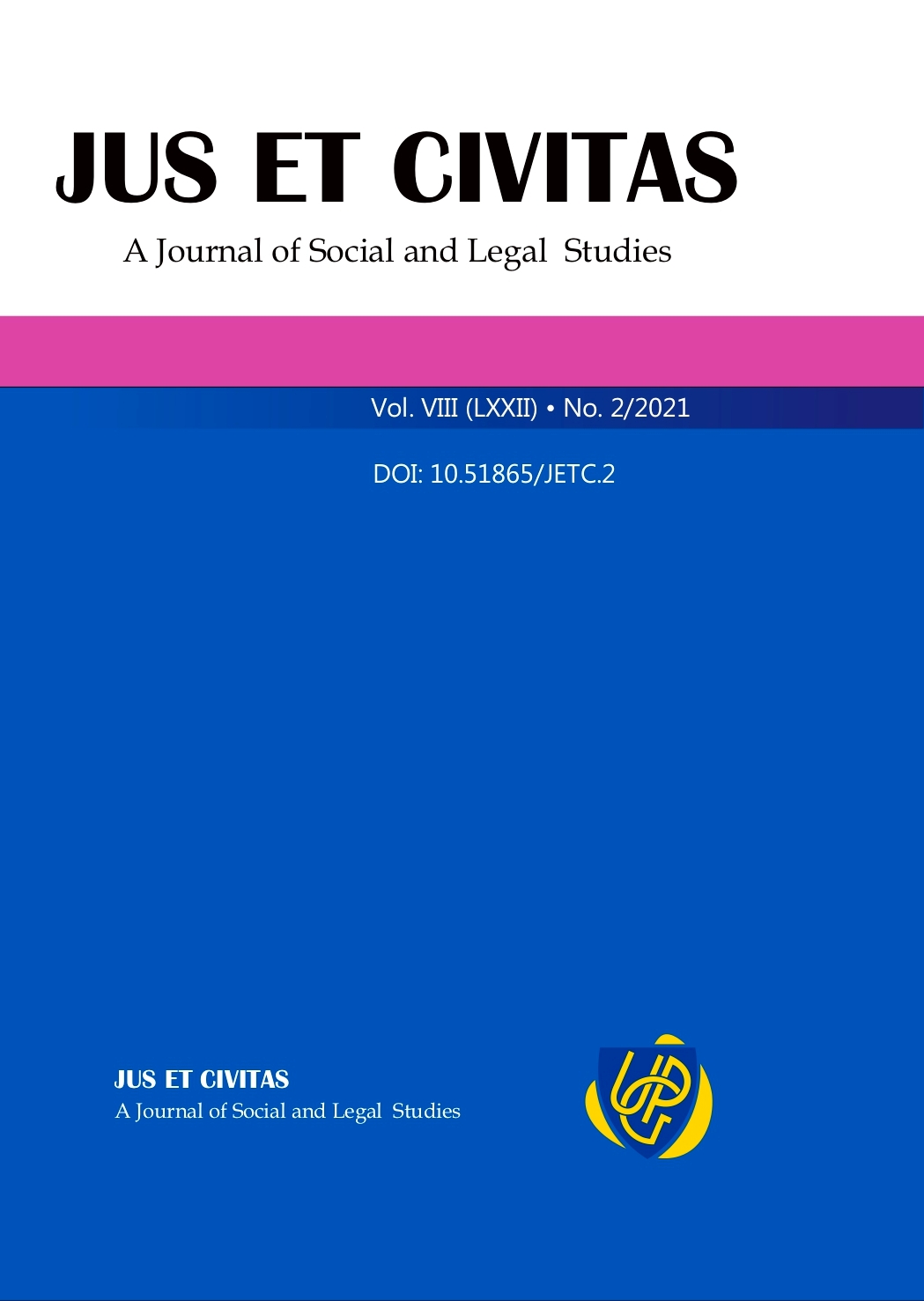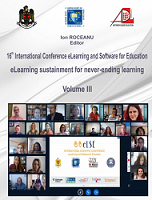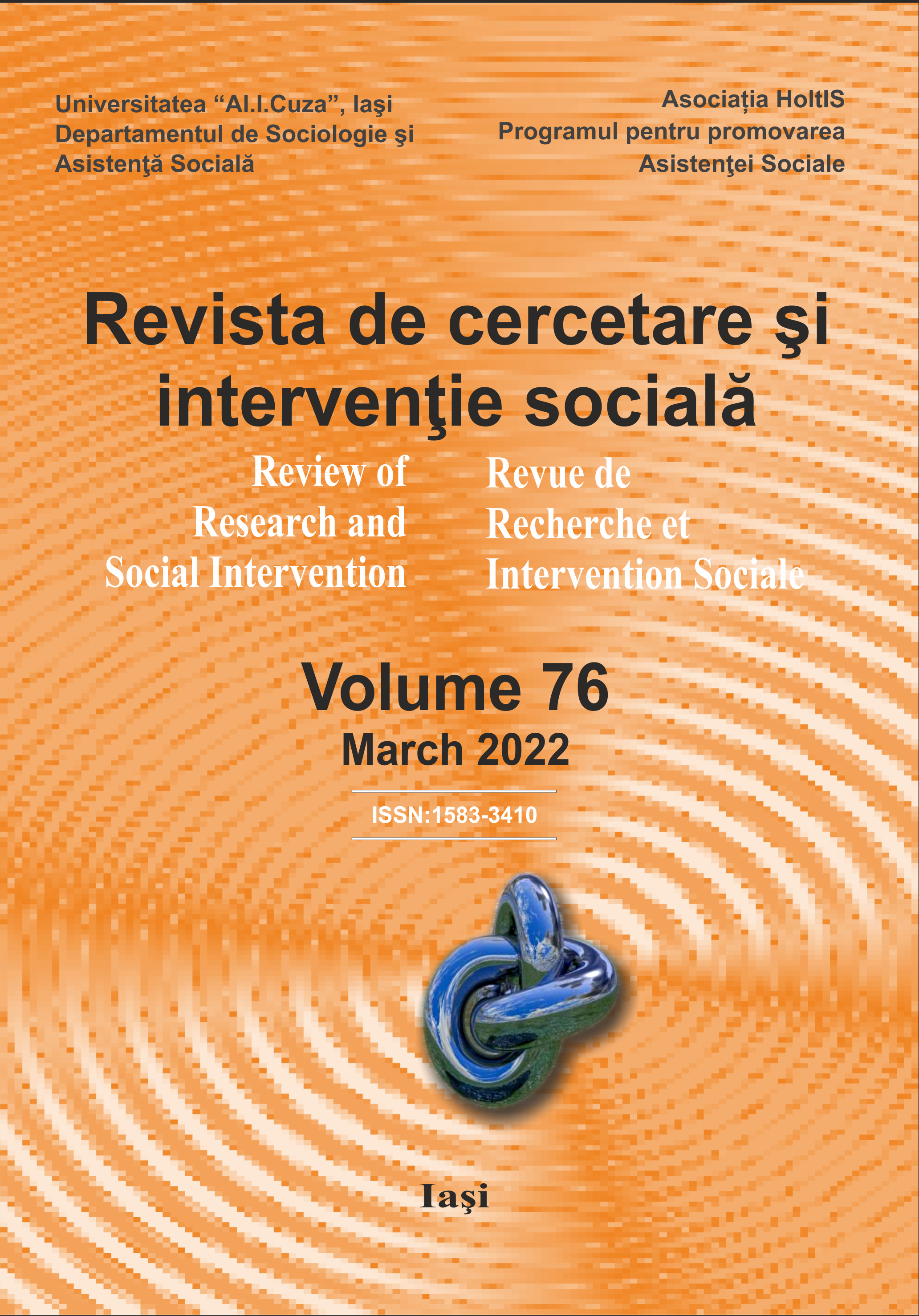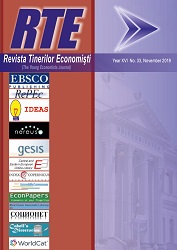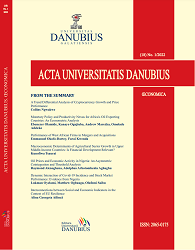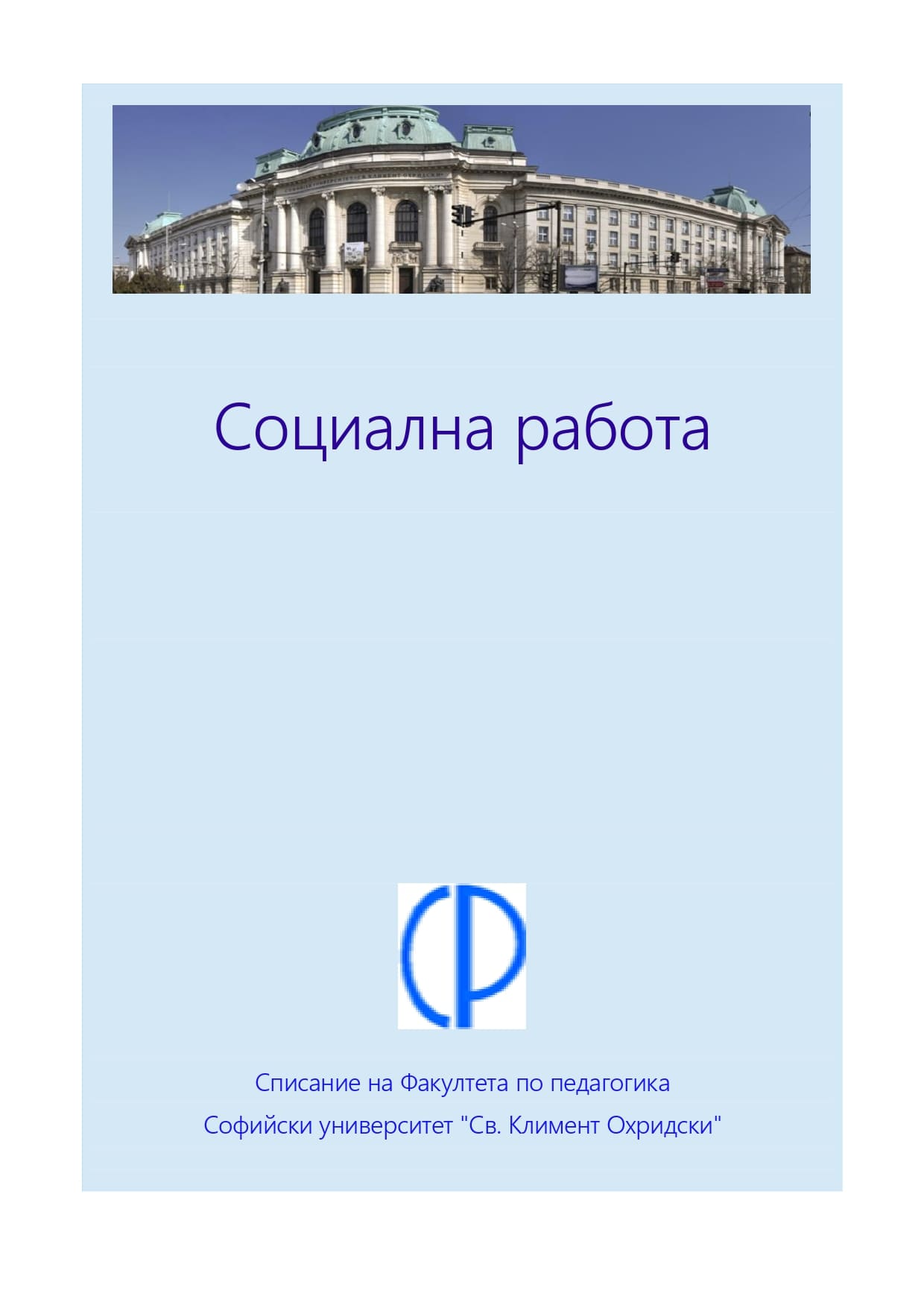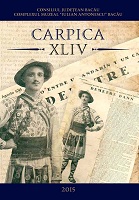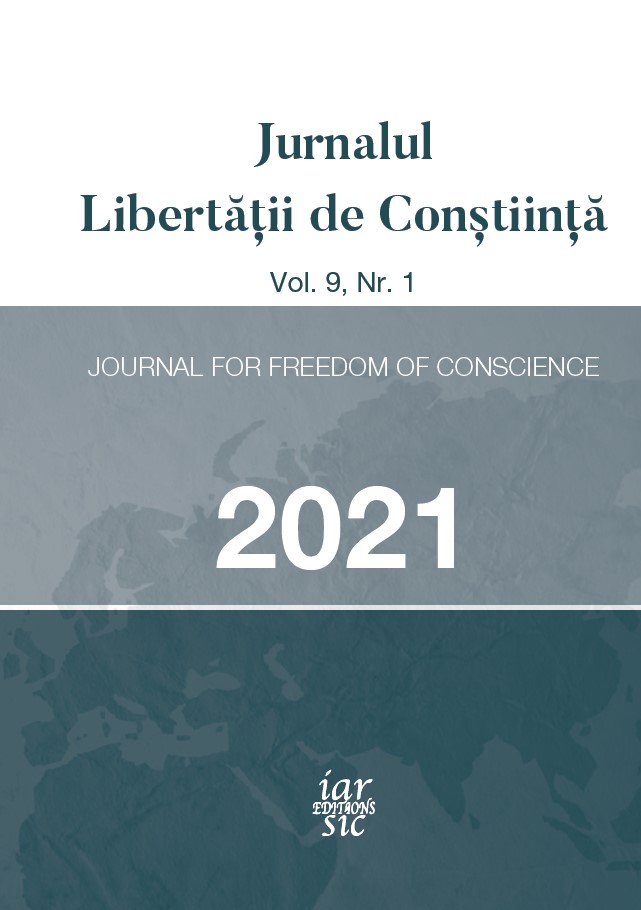Author(s): Armanda Ramona Stroia / Language(s): English
Issue: 12/2020
The present paper examines the dominant isotopies under which linguistic clichés emerge in the context of the intense media coverage of the current COVID19 pandemic. The analysis of the linguistic automatisms excerpted from the online journalistic discourse proved to be prolific in identifying additional features of the linguistic “behaviour” of clichés. Furthermore, the investigation facilitated our understanding of the underlying motivations, implications, and potential effects triggered by the use of specific prefabricated structures. As a general remark, the analysis of these dominant overused schemes revealed how media institutions overuse, under the pressure of the international model, specific lexico-semantic isotopies which exploit prefabricated structures from distinct fields: war, particularly the area of pyrotechnic elements(“explosion of new cases”, “huge explosion of Covid cases”), the semantic area of natural disasters subsumed to liquidity (“a new wave of COVID”, “anti-Covid control wave”, “death wave”, “a wave of hateful comments”, “wave of infections/confirmations/illnesses”, “flood of accusations/fines”, “tsunami of COVID-19 patients/displacements”). We have also identified journalistic automatisms circumscribed to the isotopy of the economy(“epidemiological balance”), ranking and sports competition (statistical clichés: “top of infections”, “Covid top”, “top Covid infections”, “European top of Covid evolution”, “vaccine race”, among others), disaster (clichés of melodramatic excess, salient to tabloid journalism: “disaster”, “chaos”, “nightmare”, “COVID-19 drama”). For the present article, we channeled our investigative effort only towards the first two dominant isotopies. To achieve these objectives, we proposed a two-dimensional research model. Specifically, we correlated the data obtained through conjugating linguistic micro-parameters (semantic, stylistic features, lexical and morpho-syntactic patterns) and macrolevel variables (pragmatic, psycholinguistic aspects, perspectives derived from the sociology of media communication, critical analysis of discourse, among others). The investigation results revealed that these linguistic patterns, analyzed under the conceptual “umbrella” of isotopy, can function as rhetorical and lexicosemantic strategies through which journalists activate the receptors’ affective responses. Consequently, media discourse can trigger and maintain artificial states of anxiety, panic, and restlessness. Over time, this journalistic operation leads, through the impact of obsessive repetition, to the passive consumption of media representations and cultural stereotypes, of preconceived ideas.
More...
